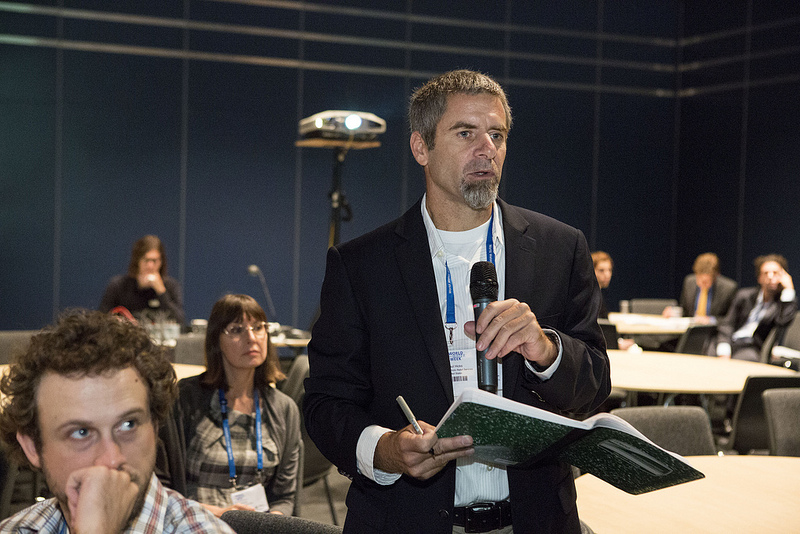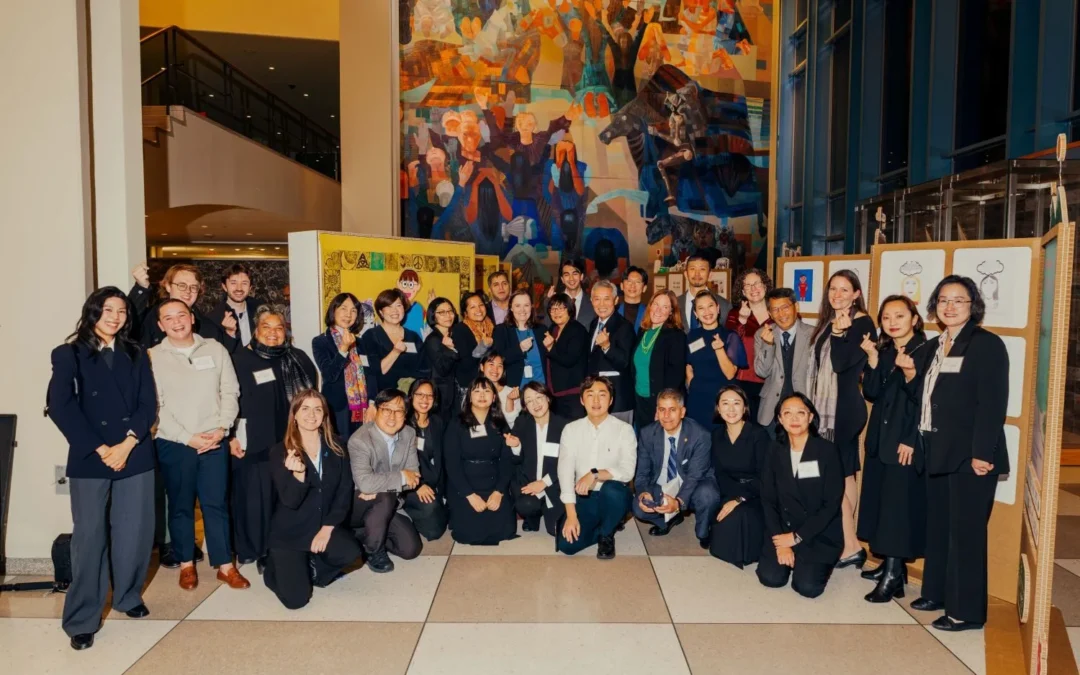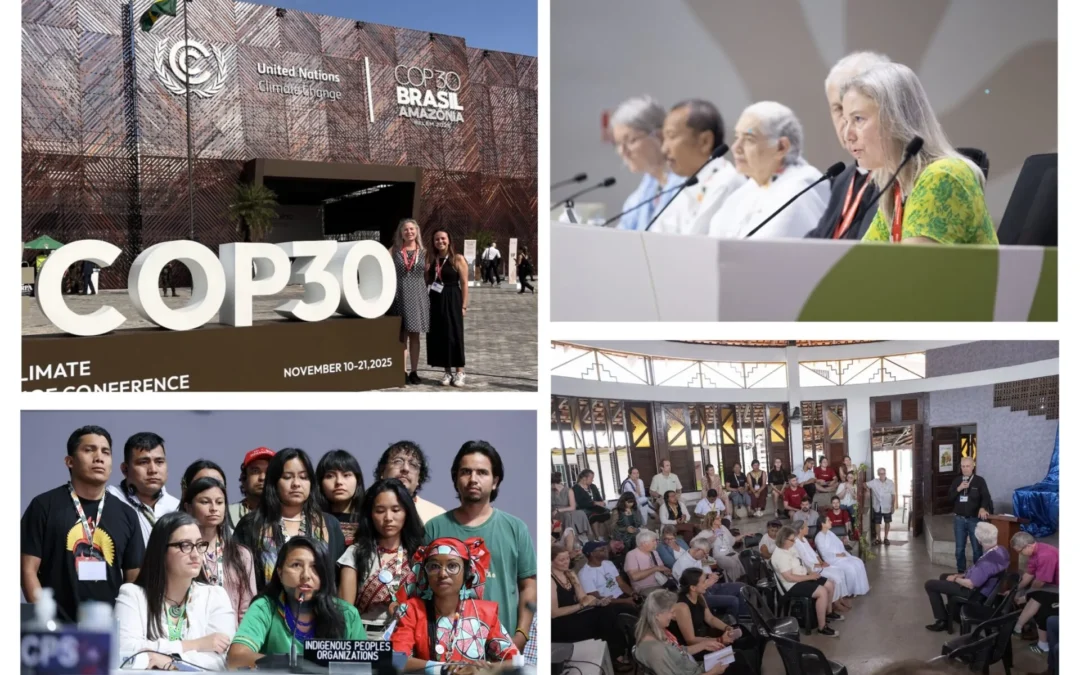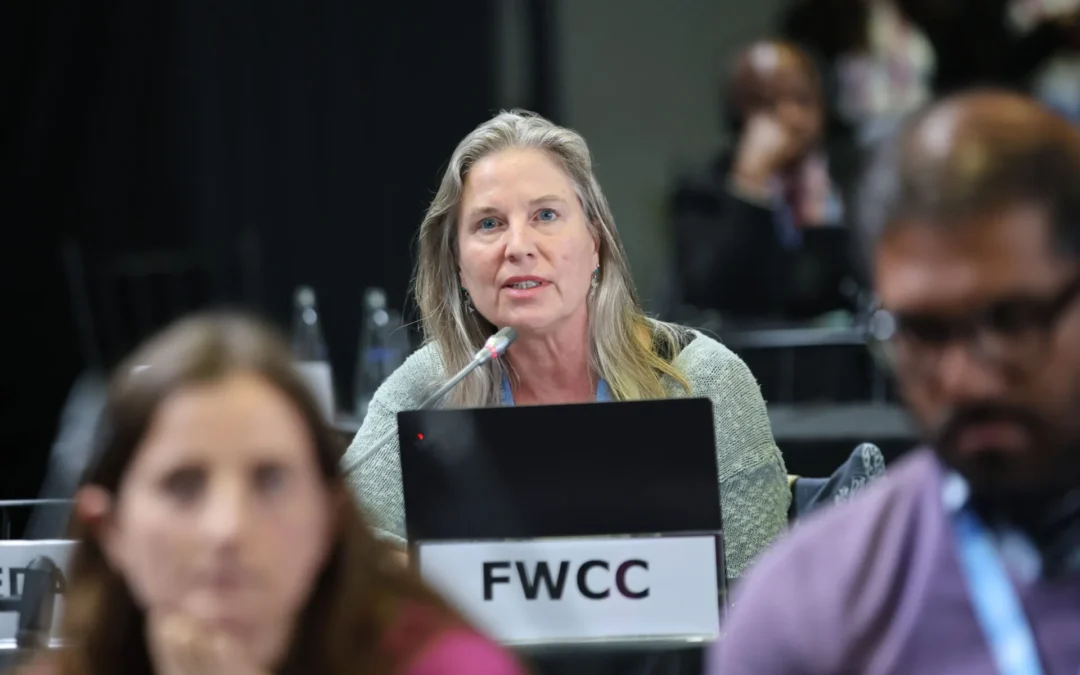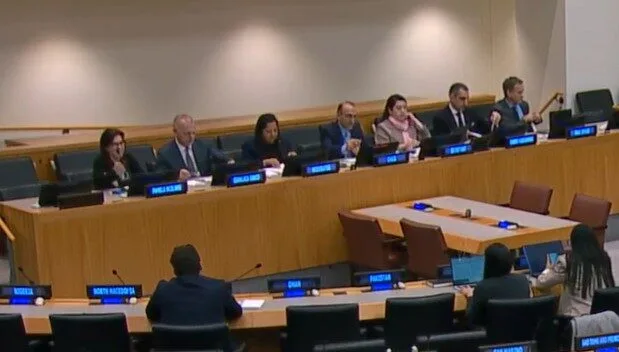QUNO held – together with CARE International, Catholic Relief Service, CGIAR Challenge Programme on Water and Food; Howard G. Buffett Foundation; International Institute for Environment and Development and International Union for Conservation of Nature – a seminar on “Water Management and Peacebuilding: Connecting the Local to International Policy” at the Stockholm World Water Week in September. The seminar shared examples of policy and practice that bring water, land and food management together with peacebuilding and rights-based approaches. The seminar further explored ways to bring local communities into decision making around natural resource management, and ensure that local experience can inform national and international policy.

Applications are Now Open: Quaker United Nations Summer School 2026
We are excited to announce that the applications for the Quaker United Nations Office Summer School (QUNSS) 2026 are now open! QUNSS is a two-week programme where young changemakers are introduced to the United Nations and the vibrant international community in Geneva to deepen their understanding of multilateralism, strengthen their policy, negotiation, and advocacy skills, and connect with a supportive international youth network rooted in Quaker values to promote peace, justice, and the protection of Earth. This year’s themed edition will explore today’s debates on the value and challenges of multilateralism, supporting participants to accurately understand, critically question, and humanize the United Nations. Over the course of the programme, participants will: We welcome applications from young people aged 20–26 from all regions and backgrounds who are globally minded, locally rooted, and involved in areas such as social justice, community engagement, climate action, advocacy, or policy, among others. The deadline for applications is January 25th, 2026 at 23:59 Central European Time (CET). For the full description of QUNSS 2026, please see the document below. To apply, please access this application form.

